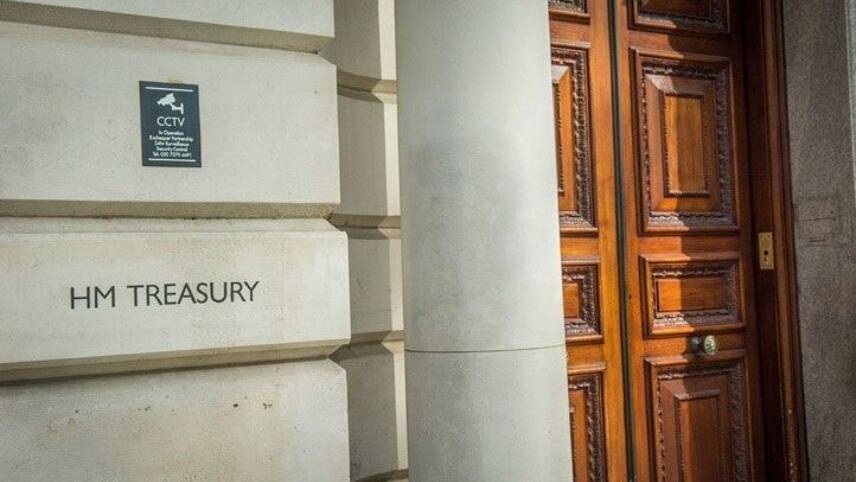Register for free and continue reading
Join our growing army of changemakers and get unlimited access to our premium content

When the Budget was delivered in March
That is according to new data released today (12 August) by WWF.
The NGO calculated that measures announced in the 2021 Budget that will reduce emissions collectively received commitments for a total of £145m of new funding. In contrast, policies that will likely lead to an increase in emissions collectively received commitments totalling £40bn. High-carbon policies announced at the Budget, delivered by Chancellor Rishi Sunak in March, included a freeze on fuel duty for a twelfth consecutive year.
The £145m figure committed to low-carbon activities and decarbonisation is equivalent to just 0.1% of GDP in 2020. In contrast, the UK Government’s own climate advisors, the Climate Change Committee (CCC), has stated that reaching net-zero by 2050 will require investment of between 0.5% and 1% of GDP annually.
At the time of the Budget speech, dozens of experts from across the UK’s green economy warned that it did not go far enough on climate change – both in terms of putting the UK on course to meeting its own targets and cementing its reputation globally ahead of COP26.
While the private sector will shoulder some of the investment needed to reach net-zero, WWF is urging the Government to do more. The NGO has re-highlighted research it undertook in 2019, outlining how delaying essential investments in the net-zero transition by 10 years could double the costs of the transition.
WWF’s head of climate change Isabella O’Dowd said: “The latest Budget simply doesn’t add up to the cleaner, greener future we all want to see. To turn things around, Ministers must close the gap between their climate commitments and their spending plans by adopting a net-zero test for all government spending ahead of the UK-hosted COP26 climate summit in November.
“We won’t forget the government’s climate promises and, together with our supporters, we will hold the Government to account for delivering on them.”
A spokesperson for the Treasury told edie that it believes WWF did not account for the funding committed at the latest Spending Review. This was delivered in November 2020 and earmarked £12bn for low-carbon sectors. This £12bn had first been touted through the Ten-Point Plan, announced shortly before the Spending Review was delivered.
“At the recent Spending Review, we committed to spend £12bn to support the Ten Point Plan for a Green Industrial Revolution and boost the UK’s global leadership on green infrastructure and technologies,” The Treasury spokesperson said. “The budget built on that with further funding allocations and ambitious plans on green finance and the UK Infrastructure Bank, which will help finance green projects across the UK.”
Methodology and future plans
A new tool from WWF was used to calculate the figures. Called a ‘budget tagging tool’, the system will be used to assess whether future spending plans from governments are aligned with the net-zero transition.
The budget tagging tool has been developed as part of a collaboration between WWF and Vivid Economics and, going forward, the two organisations will add two more components to create a broader ‘Net-Zero Test’ for policies. The second component will aggregate the impact of individual policy decisions and the third and final will be able to assess whether any standalone fiscal policy is compatible with net-zero.
WWF has not made the tool open-source online at this stage. However, it is seeking to open discussion with the Government to help departments adopt it in-house.
The Treasury is currently in the process of conducting its own net-zero review, assessing the costs and benefits to the UK economy of the transition and the extent to which Government spending is aligned with the temperature pathway demanded by climate science. The final report is now overdue, due to Covid-19-related delays. The CCC is pushing for its publication ahead of COP26.
Sarah George


Please login or Register to leave a comment.